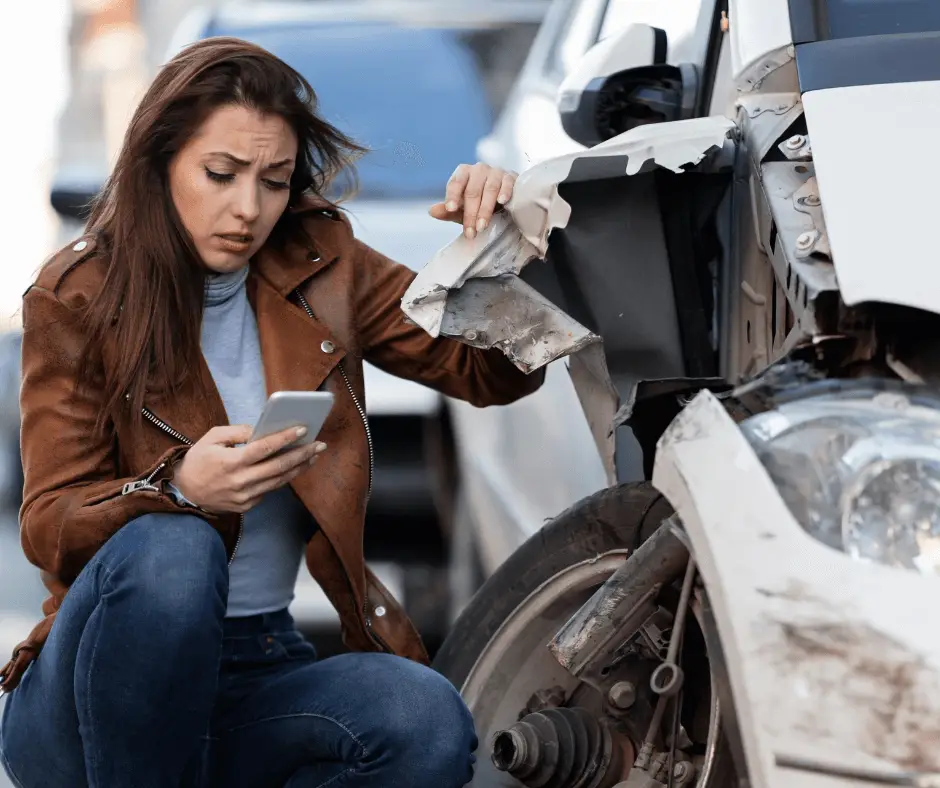When you’re involved in a car accident, eyewitnesses can play a big role in helping you prove what happened. Their accounts can back up your version of events and make your claim stronger, especially when the other driver’s insurance company is trying to argue fault.
Let’s talk about why eyewitness testimonies matter and how you can gather and use them effectively.
Why Eyewitness Testimonies Are Important
Eyewitnesses are people who saw the accident happen. They aren’t directly involved, so their perspective is usually seen as neutral and unbiased. Here’s how they can help:
- Prove Fault
- Eyewitnesses can explain what they saw, like who ran a red light or who was speeding, to help establish who was at fault.
- Strengthen Your Case
- Their statements add credibility to your claim, especially if there’s conflicting evidence.
- Fill in Gaps
- If you can’t remember certain details because of the stress of the accident, witnesses can provide a clearer picture.
How to Gather Eyewitness Testimonies
- Talk to Witnesses at the Scene
- If you’re able, ask bystanders if they saw what happened. Get their names and contact information, like phone numbers or email addresses.
- Take Notes or Record Statements
- Write down what each witness says or ask if you can record their statement on your phone. Be polite and let them know it’s for your records.
- Ask for Details
- Encourage witnesses to share specific information, like what they saw, where they were standing, and any actions they noticed from the drivers involved.
- Follow Up
- If a witness agrees, ask them to provide a written statement later. This can be helpful for insurance companies or court cases.
How to Use Eyewitness Testimonies in Your Claim
- Share Them With Your Lawyer
- Your attorney can use these statements to strengthen your case and prepare for negotiations with the insurance company.
- Submit Them to the Insurance Company
- Witness accounts can counter the other driver’s version of events and support your claim.
- Use Them in Court (if needed)
- If your case goes to trial, witnesses may be asked to testify about what they saw.
Common Questions About Eyewitness Testimonies
1. Do I need eyewitnesses to file a claim?
No, but having them can make your case much stronger, especially if fault is disputed.
2. Can family or friends be witnesses?
Yes, but their testimony may carry less weight since they could be seen as biased.
3. What if I can’t find any witnesses?
Don’t worry—your case can still be strong with other evidence like police reports, photos, and expert opinions.
Tips for Handling Eyewitnesses
- Be Polite and Respectful: Witnesses are helping you out, so thank them for their time.
- Act Quickly: People’s memories fade over time, so gather statements as soon as possible.
- Keep Records: Save all notes, recordings, and written statements for your claim.
Wrapping It Up
Eyewitness testimonies can make a big difference in your auto accident claim. They provide an unbiased account of what happened, help prove fault, and give your case more credibility.
If you’re in an accident, don’t overlook the power of witnesses. Gather their information, document what they say, and share it with your attorney. Having a strong case means being prepared, and eyewitnesses can be a key part of your success.
Remember, the more evidence you have, the better your chances of getting the compensation you deserve.
